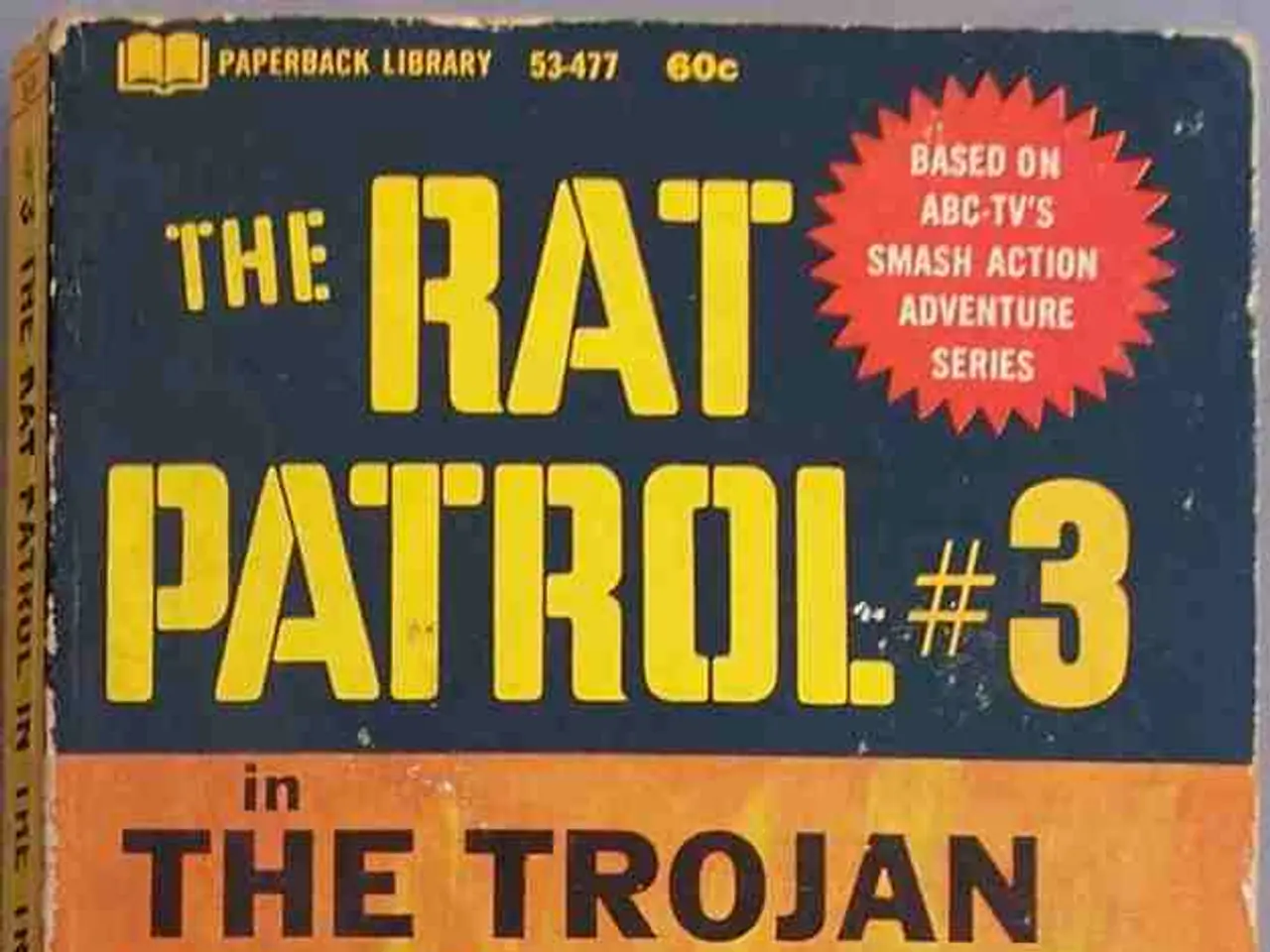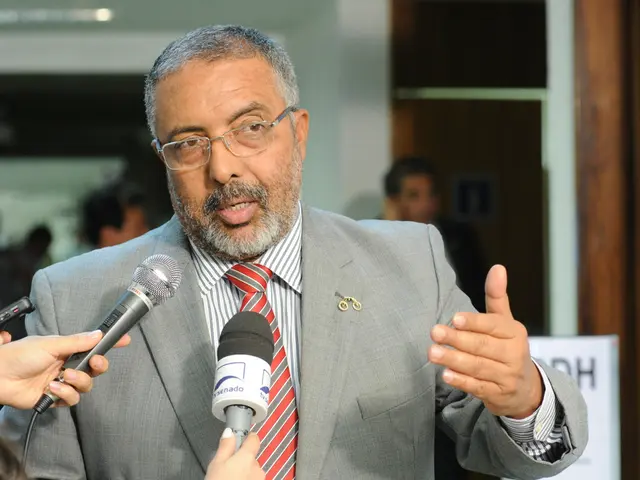Following the Saudi accord, Pakistan expresses readiness for comparable defense alliances with various nations.
In a significant move, Saudi Arabia and Pakistan have inked a mutual defense pact, fortifying their long-standing security alliance. The agreement, announced this week, is set to have far-reaching implications for the region and beyond.
The bolstered defense ties come as Gulf Arab states grow increasingly anxious about the reliability of the United States as a security guarantor. This apprehension is evident in the rising threat perceived by these states from Israel, following Israel's unprecedented strikes on Qatar last week.
Pakistan, as a key player in the region, stands to gain economically from its involvement in the Middle East. According to Pakistan's former ambassador to the United States, Maleeha Lodhi, Pakistan's power projection into the Middle East is significant. Any new Saudi investment could help even the balance somewhat in Pakistan's defense capabilities compared to India, whose defense budget is at least seven times larger.
The defense agreement brings Pakistan - and its nuclear umbrella - into the region's security equation. Pakistan, being the only nuclear-armed, Muslim-majority nation and also fielding the Islamic world's largest army, holds a strategic position in the Middle East.
The agreement stipulates that any aggression against either country shall be considered an aggression against both. This clause could potentially extend to cover other Gulf nations, according to Pakistan's Defense Minister Khawaja Asif. The defense minister also hinted that some countries are showing interest in forging strategic defense pacts with Pakistan.
The pact does not explicitly mention nuclear weapons or any payment to Pakistan. However, the Saudi-Pakistan defense pact could be extended to cover other military means, as suggested by a senior Saudi official. The details of the pact have not been fully disclosed yet.
The defense agreement was hailed as a historic milestone by Deputy Prime Minister and Foreign Minister Ishaq Dar. Prime Minister Shehbaz Sharif also thanked the Saudi crown prince for his interest in expanding Saudi investments, trade, and business ties.
India, on the other hand, will analyze the implications of this development for its national security, regional stability, and global stability. Pakistan's military contingent in Saudi Arabia is set to increase significantly with this week's agreement, which could potentially shift the balance of power in the region.
Meanwhile, Saudi Arabia has stated that if rival Iran acquired nuclear weapons, it would follow suit. This statement underscores the heightened tensions in the region and the urgent need for security alliances like the one between Saudi Arabia and Pakistan.
Mushahid Hussain, a former chairman of the defense committee of Pakistan's Senate, mentioned that Pakistan's outlook has been pan-Islamist since its founding. This ideological alignment could further solidify Pakistan's position in the Middle East and its role in the region's security landscape.
As the details of the defense pact emerge, it remains to be seen how this development will shape the political and military dynamics of the Middle East and South Asia.
Read also:
- United States tariffs pose a threat to India, necessitating the recruitment of adept negotiators or strategists, similar to those who had influenced Trump's decisions.
- Weekly happenings in the German Federal Parliament (Bundestag)
- Southwest region's most popular posts, accompanied by an inquiry:
- Discussion between Putin and Trump in Alaska could potentially overshadow Ukraine's concerns





